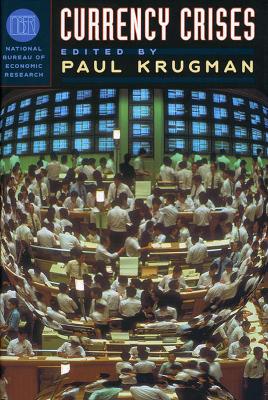There is no universally accepted definition of a currency crisis, but most would agree that they all involve one key element: investors fleeing a currency "en masse" out of fear that it might be devalued, in turn fuelling the very devaluation they anticipated. Although such crises - the Latin American debt crisis of the 1980s, the speculations on European currencies in the early 1990s, and the ensuing Mexican, South American and Asian crises -have played a central role in world affairs and continue to occur at an alarming rate, many questions about their causes and effects remain to be answered. In this wide-ranging volume, some of the best minds in economics focus on the historical and theoretical aspects of currency crises to investigate three fundamental issues: What drives currency crises? How should government behaviour be modelled? And what are the actual consequences to the real economy? Reflecting the latest thinking on the subject, this offering from the NBER should serve as a useful basis for further debate on the theory and practice of speculative attacks, as well as a valuable resource as new crises loom.
- ISBN10 0226454622
- ISBN13 9780226454627
- Publish Date 1 September 2000
- Publish Status Out of Stock
- Out of Print 15 June 2015
- Publish Country US
- Imprint University of Chicago Press
- Format Hardcover
- Pages 362
- Language English
